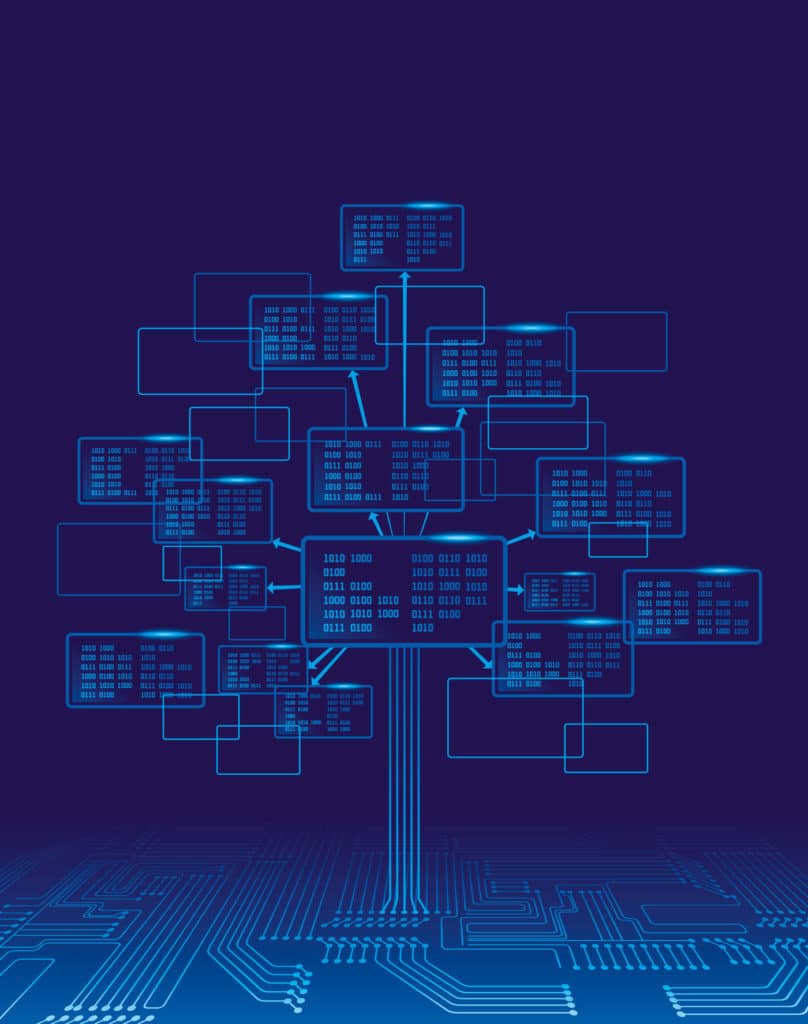Tag: bias
Predictive Analytics in the world of big data with application for targeting decisions

Predictive Analytics (PA) models are an increasingly important method for predicting future events in big data applications based on past observations for which the response values are known. One of the most popular applications is targeting decisions, which is commonly used in many domains, such as marketing and banking. The leading prediction models still belong to the realm of regression. […]
Using patient datasets to track COVID-19 prevalence

Obtaining an accurate picture of COVID-19 cases has provided a major challenge throughout the pandemic. Changes in testing methods and skewed selection of higher-risk groups may bias the results. Dr Amy Hou, Dr Genevieve Pang, and Dr Lorrin Pang at the Hawaii State Department of Health, Maui District Health Office, US, propose a novel way to estimate local prevalence of […]
Read More… from Using patient datasets to track COVID-19 prevalence
Overturning oppression in the US child welfare system

In the US there’s a growing call from academics and advocates with significant experience in the country’s child welfare system for fundamental reform. Professors Lisa Merkel-Holguin and Ida Drury, colleagues from the Kempe Center for the Prevention and Treatment of Child Abuse and Neglect at the University of Colorado, and a national advocate, have catalogued multiple stages within the current […]
Read More… from Overturning oppression in the US child welfare system
Towards more equitable money creation

Money creation should be governed with an eye on ethics, but its current path follows an unfair formula that entrenches injustice. Philosopher and economist Professor Peter Dietsch of the University of Victoria, British Columbia, Canada, points out a number of biases in the current monetary system. He suggests a normative framework for assessing what a more equitable money creation system […]
Biases from Big Data: the prejudiced computer

Big Data and Machine Learning seem to be the modern buzzword answers for every problem. Areas such as healthcare, fraud prevention and sales are just a few of the places that are thought to benefit from self-learning and improving machines that can be trained on huge datasets. However, how carefully do we scrutinise these algorithms and investigate possible biases that […]
Read More… from Biases from Big Data: the prejudiced computer